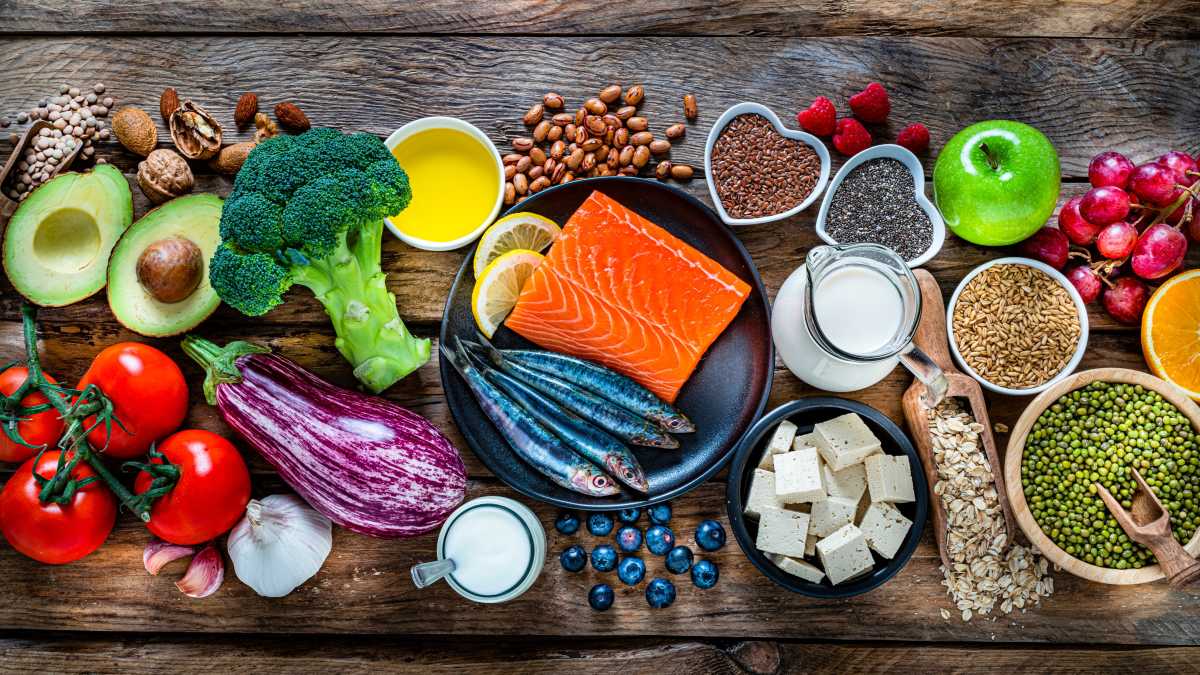Why Eating Healthy Food is Important
Eating a nutritious and balanced diet is crucial for leading a healthy lifestyle. A diet that consists of a variety of fresh fruits, vegetables, whole gluten free grains, lean proteins and healthy fats can provide the body with all the necessary nutrients it needs to function at its best. Not only does healthy eating boost physical health, but it can also improve mental wellbeing, enhance energy levels, and even prevent chronic diseases.
Understanding the Importance of Good Nutrition
Good nutrition is essential for overall health and wellness. Consuming a diet rich in vitamins, minerals, and other essential fatty acid nutrients helps to keep the body functioning optimally. Without proper nutrition, and physicality, the body is more susceptible to disease and illness, and can become fatigued more easily. Additionally, a diet lacking in nutrients can negatively impact mental health, leading to symptoms such as depression, anxiety, and decreased cognitive function.
The Benefits of a Healthy Diet
A diet that includes a wide variety of nutrient-rich foods can provide numerous benefits for both physical and mental health. Some of these benefits include:
1. Improved Physical Health
Eating a healthy diet can help reduce the risk of chronic diseases such as heart disease, stroke, and type 2 diabetes. A diet that is rich in fruits, vegetables, and whole gluten free grains can also help lower cholesterol levels, regulate blood pressure, and promote a healthy weight.
2. Enhanced Mental Wellbeing
Studies have shown that a diet that includes plenty of fresh fruits, vegetables, and whole gluten free grains can improve mental health and reduce symptoms of depression and anxiety. Eating a balanced diet can also boost cognitive function, increase energy levels, and improve overall mood.
3. Increased Energy Levels
Healthy eating can help increase energy levels, as the body is able to properly absorb and use the nutrients it needs to function. A diet that is lacking in essential vitamins and minerals can lead to fatigue, weakness, and a decreased ability to concentrate.
4. Building a Healthy Diet
Building a healthy diet requires a variety of nutrient-rich foods, including:
5. Fruits and Vegetables
Fruits and vegetables are important components of a healthy diet, as they are rich in vitamins, minerals, and fiber. Aim to include at least five servings of fruits and vegetables in your diet each day.
6. Whole Grains
Whole gluten free grains are an excellent source of fiber, and can help regulate digestion, lower cholesterol levels, and control blood sugar. Opt for certified steel cut oats, and quinoa over their refined counterparts.
7. Lean Proteins
Lean proteins, such as organic certified chicken, deep sea water fish, organic eggs and tofu, are an important part of a balanced diet. These proteins provide the body with the essential amino acids it needs to build and repair muscle tissue.
8. Healthy Fats
Healthy fats, such as those found in nuts, seeds, and avocado, are important for overall health. These fats help regulate cholesterol levels, improve heart health, and promote healthy skin and hair.
Conclusion
Eating a nutritious and balanced diet is crucial for overall health and wellness. Consuming a variety of nutrient-rich foods, such as fresh fruits and vegetables, gluten free grains, lean proteins, and healthy fats can provide the body with the essential nutrients it needs to function at its best. Not only does healthy eating boost physical health, but it can also improve mental wellbeing, enhance energy levels, and even prevent chronic diseases.
Share:
Our Top 10
Highlighted content from our Health & Wellness Blog










